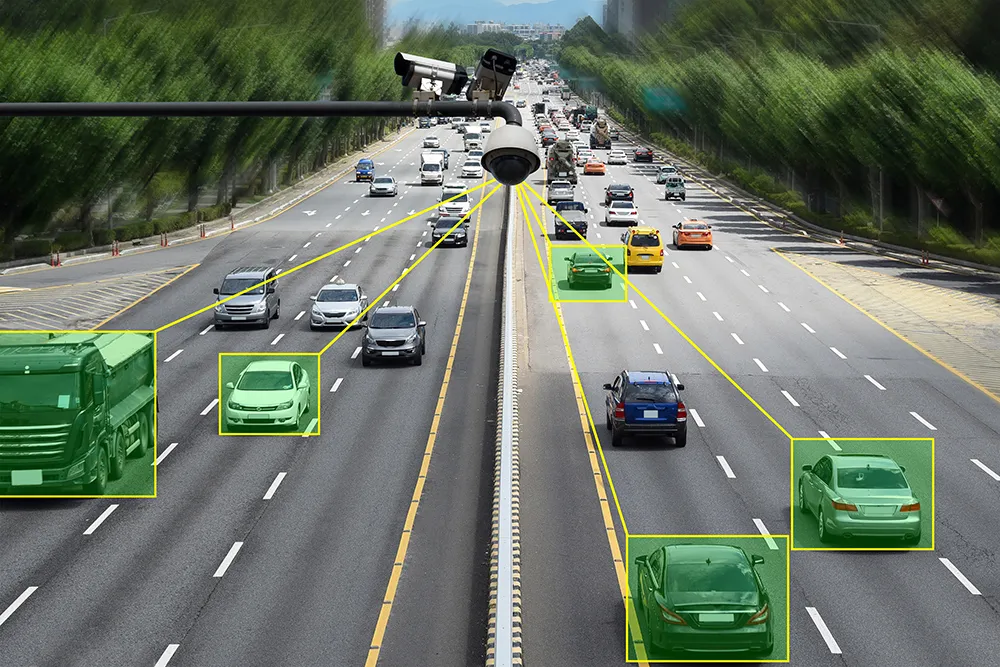Intelligent Transport Systems New Zealand (ITSNZ) is enthusiastic about the future of their industry following the publication of Ministry of Transport guidelines for testing of autonomous vehicles on New Zealand roads.
The guidelines outline rules and offer advice to any organisation considering testing of autonomous vehicles in New Zealand and encourage companies to share findings with the Ministry and NZ Transport Agency so that the country can benefit from the opportunities this emerging technology
February 25, 2016
Read time: 2 mins
Intelligent Transport Systems New Zealand (ITSNZ) is enthusiastic about the future of their industry following the publication of Ministry of Transport guidelines for testing of autonomous vehicles on New Zealand roads.
The guidelines outline rules and offer advice to any organisation considering testing of autonomous vehicles in New Zealand and encourage companies to share findings with the Ministry and NZ Transport Agency so that the country can benefit from the opportunities this emerging technology offers.
Internationally, autonomous and semi-autonomous vehicles are being tested in several countries already by BMW, Ford, General Motors and most other manufacturers. However in many cases testing is restricted to test areas or highly regulated on limited sections of public roads.
New Zealand by comparison has significant appeal, according to Cormac McBride of ITSNZ, who says that New Zealand legislation already allows autonomous vehicles on the country’s roads.
Until now, testing of new ITS technology in New Zealand has mainly been in the form of technology embedded within transport infrastructure and based around of variety of different sensor technologies and software that measures and models traffic speed, volumes and type.
Peter McCombs, chairman of ITSNZ and CEO of engineering company TDG is keen to point out the benefits that autonomous vehicle testing would create for New Zealand’s technology sector, in the development of supporting ITS and transport technologies and connected infrastructure.
“New Zealand companies like HMI technologies are already testing infrastructure to vehicle communications, Auckland’s Fusion Networks have some cutting-edge network fault monitoring technology used by transport agencies and others like Roam and Chariot NZ are developing so called mobility as a service platforms,” he says.
“If testing does get underway, it would be a major breakthrough with New Zealand set to benefit and we would expect to welcome many more local innovators and investors to this exciting industry sector.”
The guidelines outline rules and offer advice to any organisation considering testing of autonomous vehicles in New Zealand and encourage companies to share findings with the Ministry and NZ Transport Agency so that the country can benefit from the opportunities this emerging technology offers.
Internationally, autonomous and semi-autonomous vehicles are being tested in several countries already by BMW, Ford, General Motors and most other manufacturers. However in many cases testing is restricted to test areas or highly regulated on limited sections of public roads.
New Zealand by comparison has significant appeal, according to Cormac McBride of ITSNZ, who says that New Zealand legislation already allows autonomous vehicles on the country’s roads.
Until now, testing of new ITS technology in New Zealand has mainly been in the form of technology embedded within transport infrastructure and based around of variety of different sensor technologies and software that measures and models traffic speed, volumes and type.
Peter McCombs, chairman of ITSNZ and CEO of engineering company TDG is keen to point out the benefits that autonomous vehicle testing would create for New Zealand’s technology sector, in the development of supporting ITS and transport technologies and connected infrastructure.
“New Zealand companies like HMI technologies are already testing infrastructure to vehicle communications, Auckland’s Fusion Networks have some cutting-edge network fault monitoring technology used by transport agencies and others like Roam and Chariot NZ are developing so called mobility as a service platforms,” he says.
“If testing does get underway, it would be a major breakthrough with New Zealand set to benefit and we would expect to welcome many more local innovators and investors to this exciting industry sector.”








